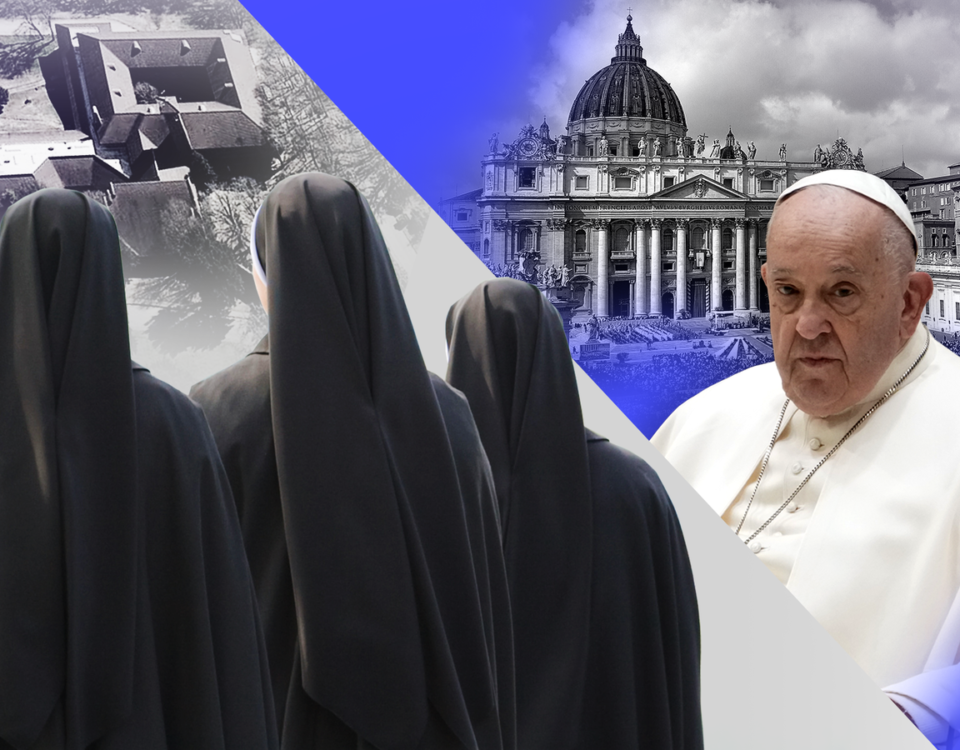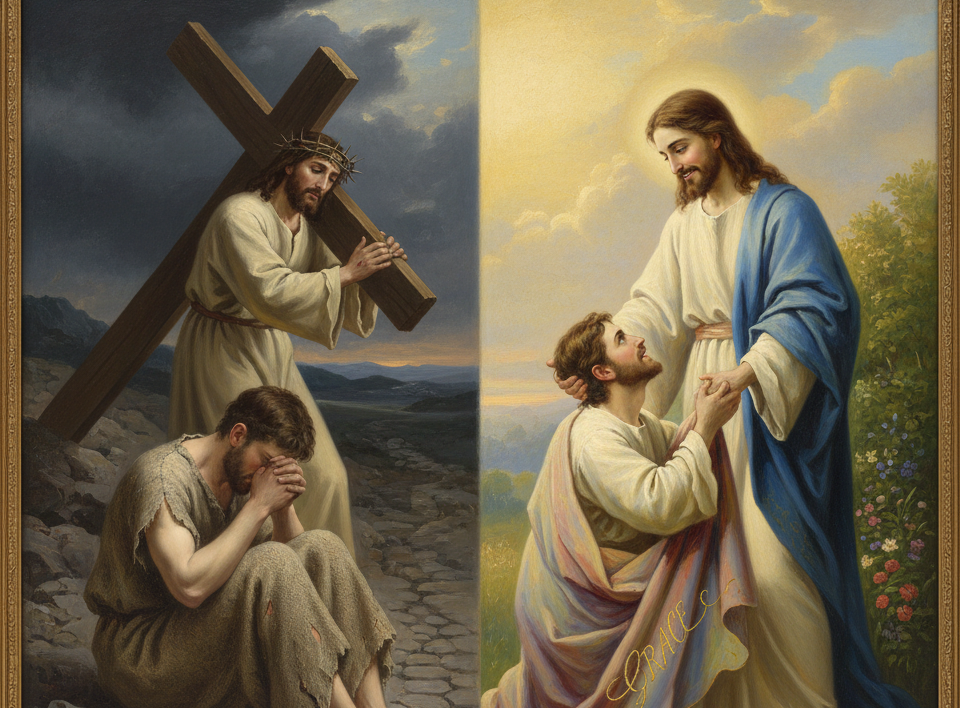Divine Retreat Centre UK – Official Website

How to release your power?
June 3, 2025
Dewfall – 11
June 10, 2025I was a little girl when I first realised I didn’t have a godmother. When I was baptised as an infant I had a godmother, but my family lost touch with her as we moved countries and over time all I knew was I had a middle name Clara because that was my godmother’s name. As I saw little children being gifted gifts by godparents, I would often ask “Where is my godmother?” and be jealous. Eventually my grandmother took me to the altar, pointed out the statue of Our Lady and said she is your godmother. As I grew up, I knew Mary by no other name but ‘Madin Saibinmai’ which in English means ‘godmother Virgin Mother’. To me, she was my everything. I spoke to her, told her about my day, and asked for gifts. And I received everything I would ever ask. I never needed a godmother.
In 2009, I decided to do a pilgrimage to Our Lady of Vailankanni and went to the railway station to book train tickets. I booked the ticket, put it in my bag and returned home. To my shock, when I checked, I was given tickets for Divine Muringoor and not Vailankanni. I tried cancelling and reissuing but none of it worked. That was the first retreat at Divine Potta in 2009, I was introduced to Jesus -the Divine by Mary his mother. It was Mary’s way of telling me “Do whatever he tells you” (John 2:5) just like she told the servants at Cana.
There is not much to say whose wedding Jesus and Mary were attending except that Jesus and Mary had travelled a few miles from their hometown in Nazareth to attend the wedding. And there, the unthinkable happens when the hosts run out of wine. Such a lapse even in modern times would cause humiliation, social pain and stigma. Hence this was part of Mary’s concern as she walks up to Jesus and intercedes for the hosts. This was natural for Mary to be concerned about the welfare of others just as she visited Elizabeth miles from home, making an arduous journey (Lk 1:39). While others would sit around and gossip about the situation, Mary takes the pro-active step of helping. How many of us would help our neighbours and friends in their trials and difficult situations? Like Mary, we are called not to talk ill but to be of service to people around us. Hence Mary goes to the one person, she knows, who was the perfect solution to the problem.
Mary, as the mother of Jesus—as his helpmate and partner in faith at every step of the spiritual journey—knows that he has divine powers to heal, to transcend limitations, to achieve every impossibility. As only a mother knows, Mary knows that Jesus will come through. She says nothing else to Jesus, but giving him that deep, motherly look; their eyes meet; she only relays the problem. When we are in difficult situations, we normally go to Jesus with not just our problems, but also potential solutions. Remember Joseph (Gen 40: 14), who offered his own solution asking the cupbearer to recommend his name to Pharaoh when his position is restored. But Mary gave us the perfect example of a prayer (they have no wine) by offering our weaknesses, trials, sufferings and problems to Jesus and he would devise the most wonderful solution, for our God is a God of limitless resources and endless possibilities.
And then comes the last recorded words of Mary in the Bible, “Do whatever He tells you”. Four keys, which are full of power and good counsel for each of us, are in in these verses:
- Throughout scriptures, when a man or woman “does what Jesus tells them to do,” then powerful things happen in the world they live in. When Peter obeyed Jesus and cast his net, they caught and abundance of fish that their nets would break (Lk 5:1-11). Jesus’ words brought healing and salvation to innumerable people – lepers, blind, tax collectors and the list goes on. When Jesus tells you to do something, then “do what he tells you!”
- We all like to “understand” before we do. If things don’t make sense to us, we usually challenge the one who instructs us. When these servants are told to fill wash tubs (stone water jars for ceremonial washing) with water, they are thinking, “Why does he want us to do this. We need wine! What has this to do with wine?”. If I’d have been one of the servants, I’d be thinking, “What are we doing this for? What kind of stupid plan is this? Why does this Jesus guy want us all to wash our hands again – doesn’t he know the wine has run out?” I would also be worrying about what other people would think of me going along with this craziness. But yet the solution is simple. Do what he tells you! His instructions are trustworthy and full of truth and revelation.
- When instructed to do something specific, we tend to respond with some kind of approximate version of the instruction. When Jesus says to fill the jars, the servants do fill the jars to the brim. In the things of God, even more than in the temporal world, doing it to the brim is crucial! God’s best awaits us.
- The final instruction is to take a portion of the water from one of the jars to the banquet director for his approval. These servants must have thought (to themselves) that this bath water had no chance of being approved for the guests’ consumption. They must have laughed, mumbled to themselves. Whatever they did, they managed to deliver the “water,” with a straight face. Can you imagine the reaction of the servants when they heard the banquet master say that this was the best wine?
Did Jesus need the servants to fetch the water? Was he just being lazy!? Surely Jesus could just have clapped his hands or said a word, and the jars would have been full of new wine. He could have done. But instead, he chooses to work through ordinary people, and makes their willingness to obey, to serve, and, maybe, to believe in him, a key factor in the performing of this miracle.
These last recorded words of Mary in the bible are the most treasured jewels for all humanity as she implores to each one of us to do what her son tells us. I made the retreat to Divine – an unknown land and found the Saviour.
What is God asking you to do? Where in your life is God calling you to ‘do whatever he tells you?’ What opportunities do you have to have faith – at the risk of looking stupid?




